
Project 2 Heal
When it comes to coat color of Labrador puppies, there are three colors recognized by the American Kennel Club. Black Labs, yellow Labs, and brown Labs (often called chocolate Labs) are the three main varieties of Labrador retriever, however these puppies often exhibit different shades of black, yellow, and brown fur.
So with so much variation, what causes a difference in color?
Genetic information for Labrador puppies is autosomal, meaning all labs receive this information from parents in a way that’s unrelated to the sex of the puppy. Where it begins to get tricky is when we discuss the genetics of black labs and chocolate labs when compared to yellow lab.
Puppy Genes and Alleles
Before we go any further, let’s rewind to high school biology with a few key definitions:
-
Gene: The basic unit of heredity that occupies a specific location on a chromosome.
-
Allele: One of two or more versions of a gene.
When it comes to the coats of Labrador puppies, fur color is determined by one of two different genes, as well as a variety of alleles.
How Do We Get Black and Chocolate Labs?

When it comes to black lab puppies and chocolate lab puppies, both varieties inherit their fur color from a single gene, known as "Tyrosinase-related protein 1.” (TYRP1, as it’s commonly known.) This gene can present with one of four alleles, one dominate allele coding for black fur we’ll refer to it as “B”) and three recessive alleles coding for chocolate fur (which we’ll refer to as “b”).
To better understand, let’s take a look at the following scenarios:
-
BB. Here we have two dominant genes for black fur, obviously resulting in a black lab puppy.
-
Bb. In a situation in which either parent passes on the dominant allele and the other passes on the recessive, the lab puppy will still have a black coat.
-
bb. When both parents pass on the recessive allele, only then do we see a chocolate lab puppy.
So, Where Does Yellow Come from?
Yellow Labrador puppies get their hair color from a gene entirely different from the gene that determines black or brown fur. But, that doesn’t mean yellow lab puppies don’t have the TYRP1 gene we talked about above—there’s a different gene that can override alleles at TYRP1 coding for black or chocolate puppies.
Melanocortin 1 receptor (MC1R) is the gene responsible for yellow lab puppies, but can still result in fur coats of black and brown. The three most common alleles at the MC1R gene are “E” (which still produces black and brown fur) and “e” (which produces yellow fur).
As you may have deduced, the allele for yellow lab puppies is recessive. To further explain, let’s look at a couple of scenarios.
-
EE. Both parents pass on dominant alleles for black or chocolate fur, resulting in a black or chocolate puppy.
-
Ee. One parent passes on a dominant allele for black/chocolate, while the other passes on the recessive allele for yellow fur.
-
ee. Only in a situation in which both parents pass on alleles coding for yellow fur is the TYRP1 gene overridden and yellow lab puppies are produced.
What is also interesting about the creation of yellow lab puppies is the fact that while their fur coat is without black or brown pigment, their skin will still exhibit the same color pigment as that of black or chocolate lab puppies.

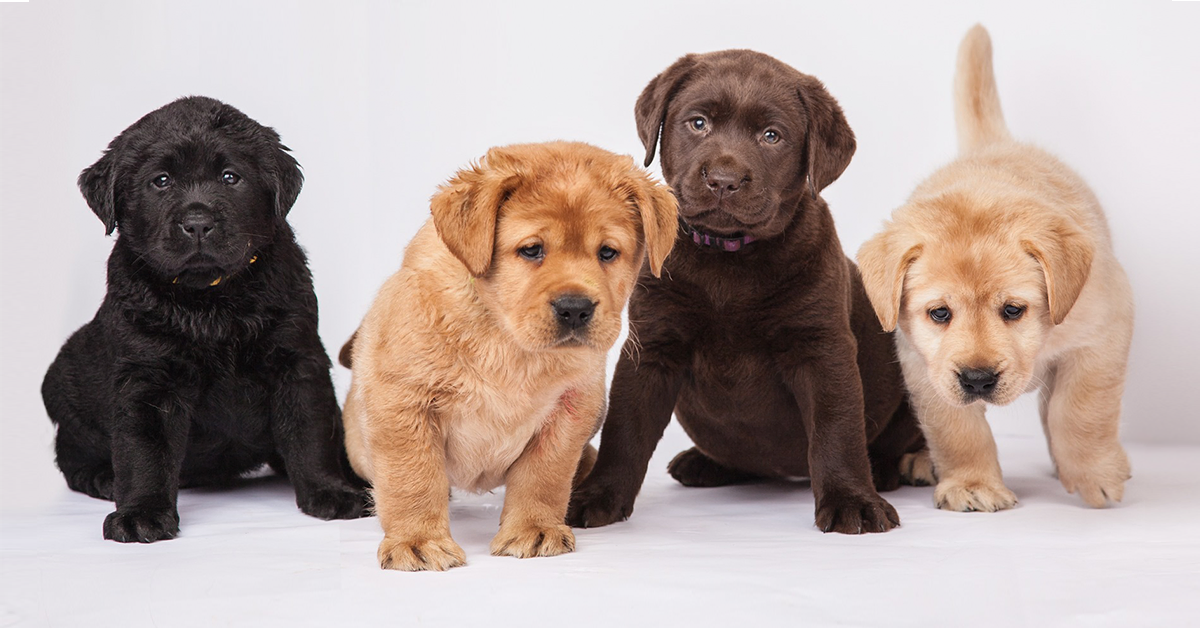
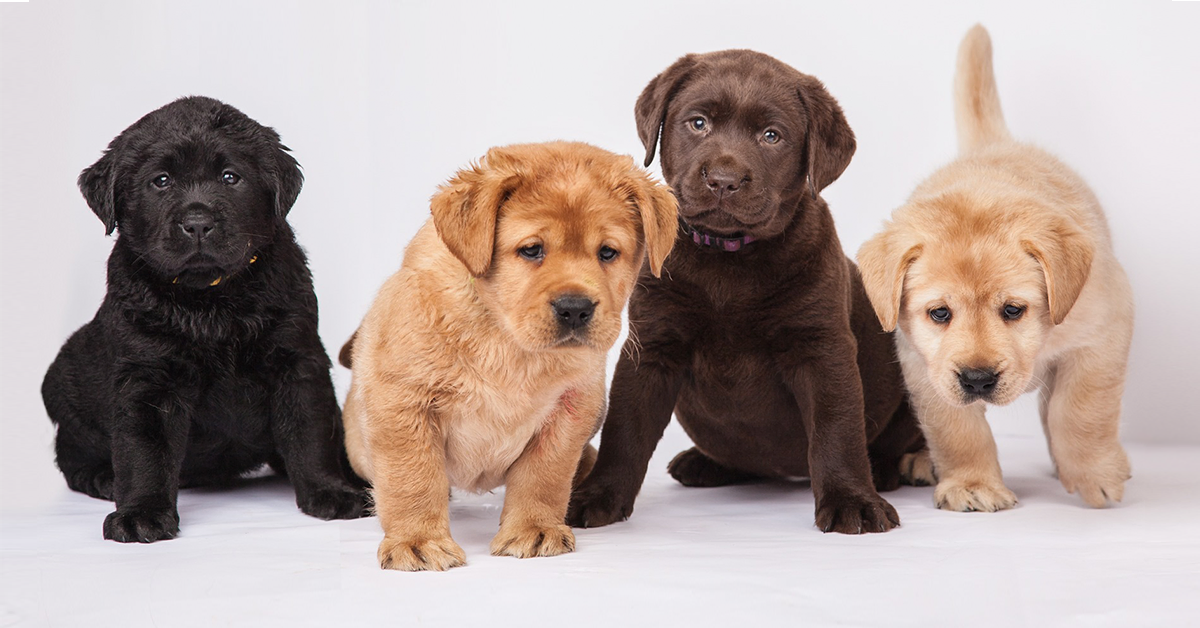
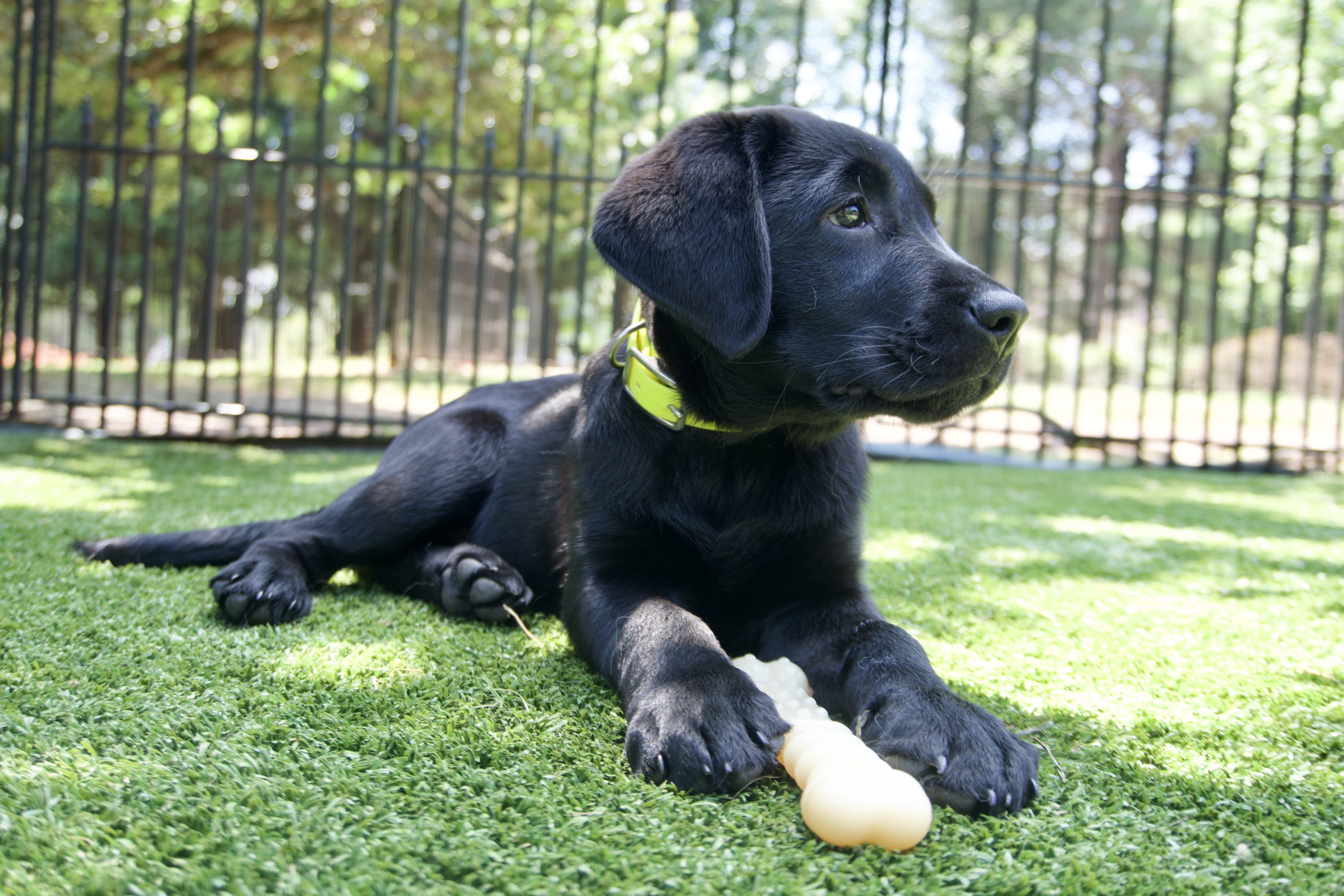

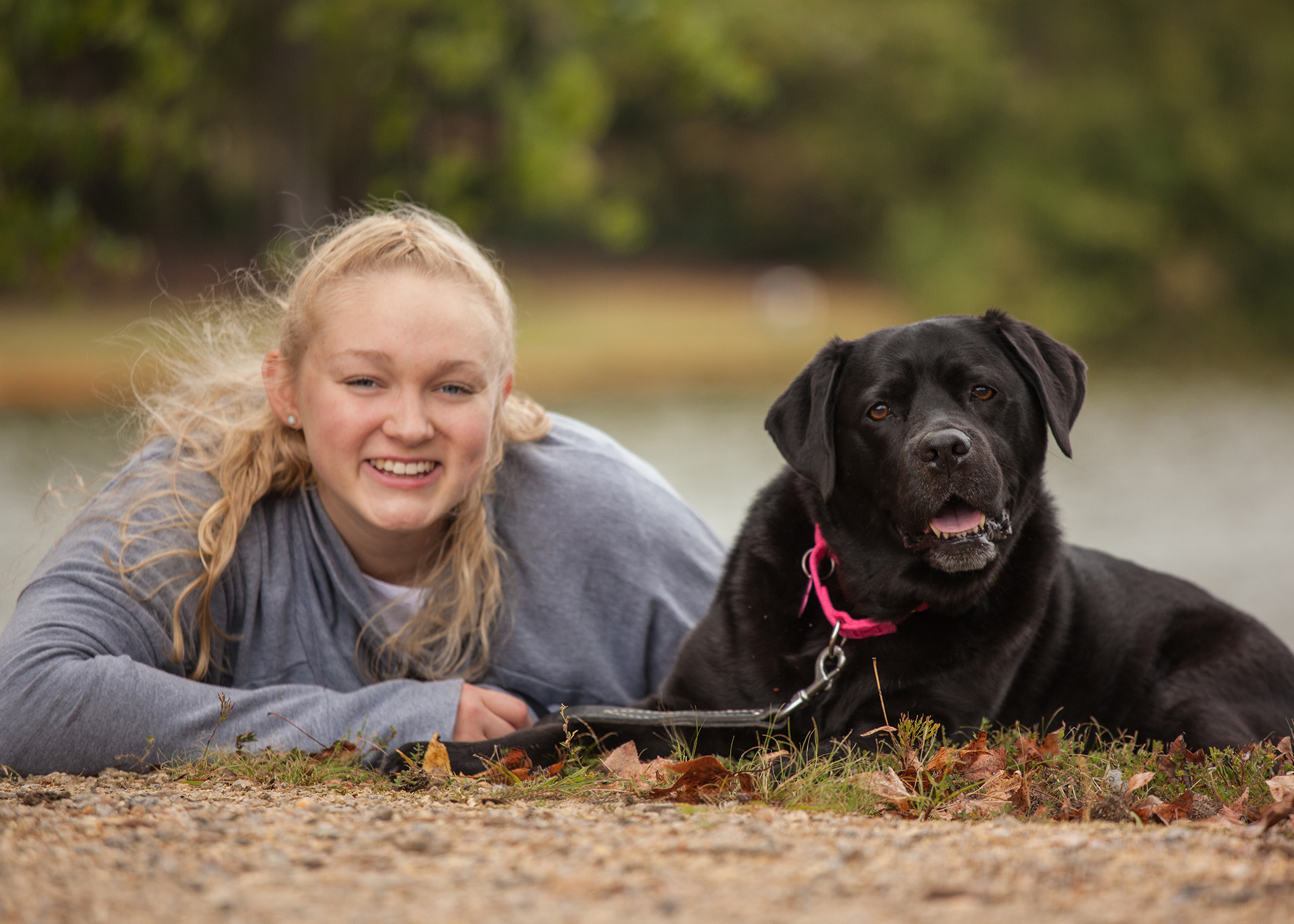
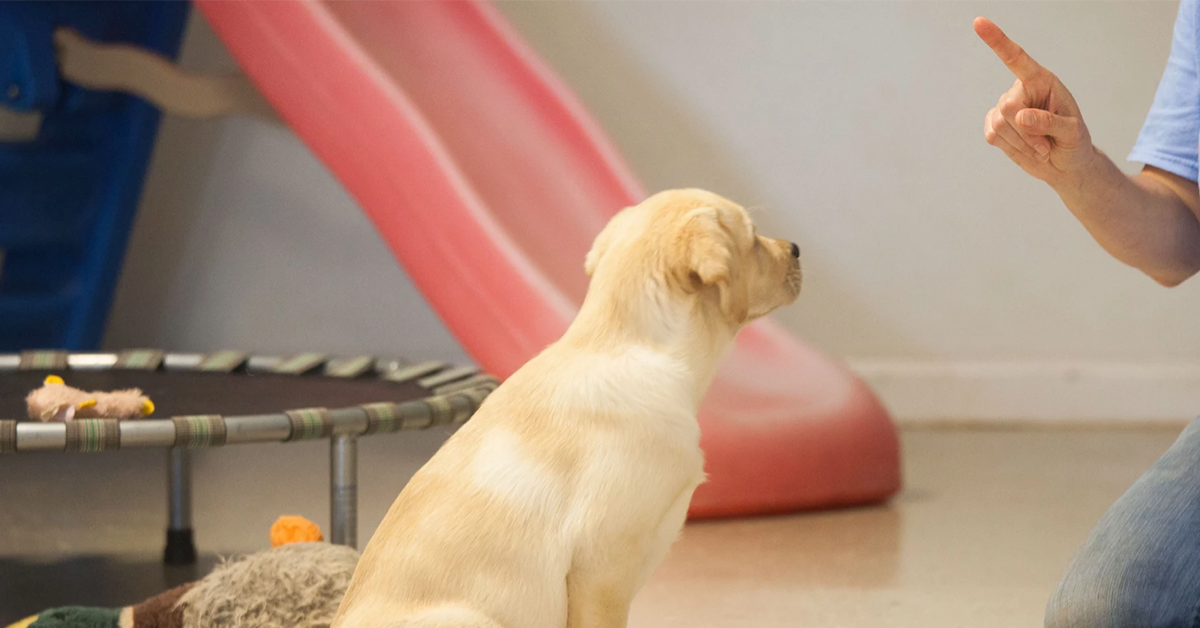
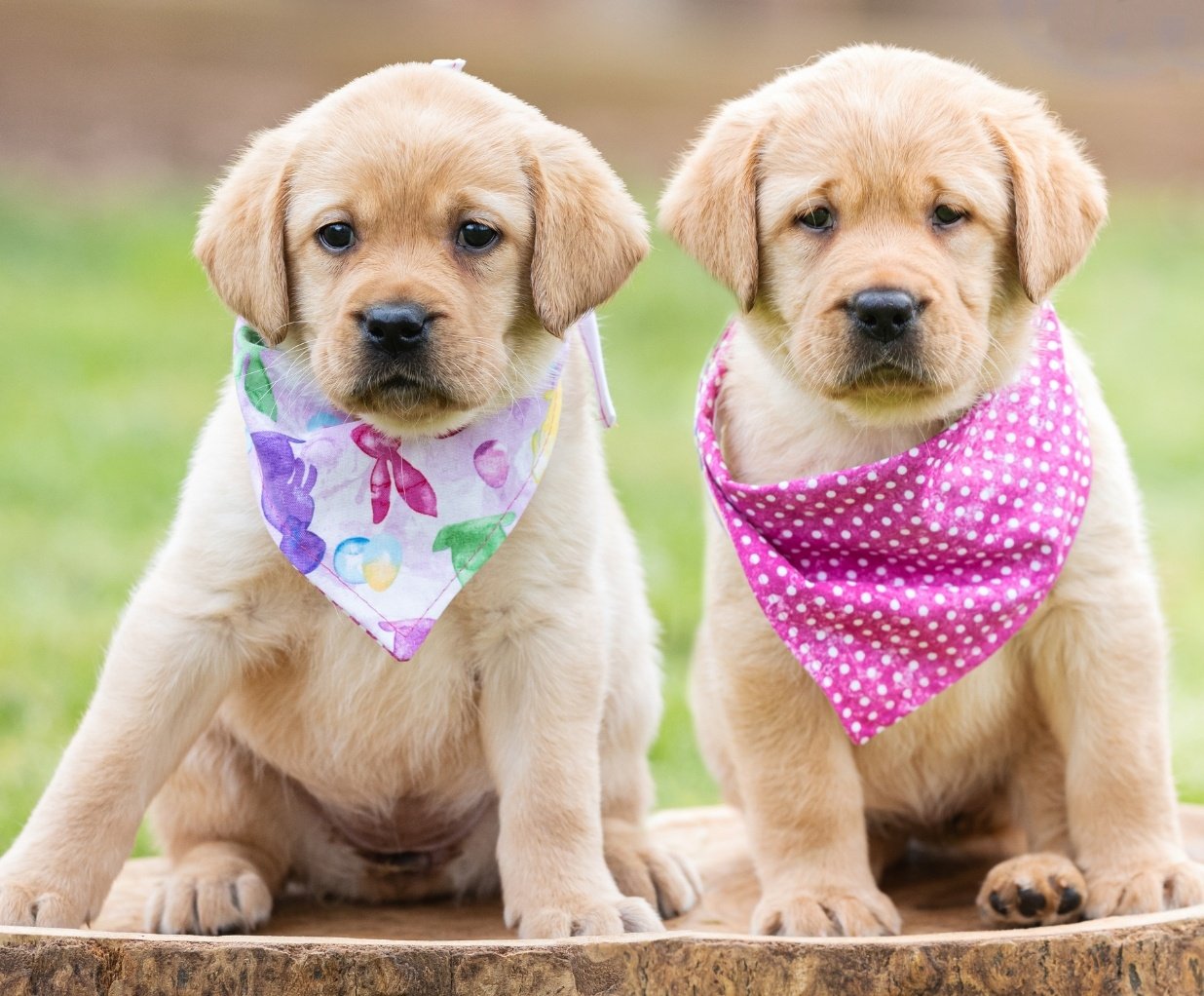
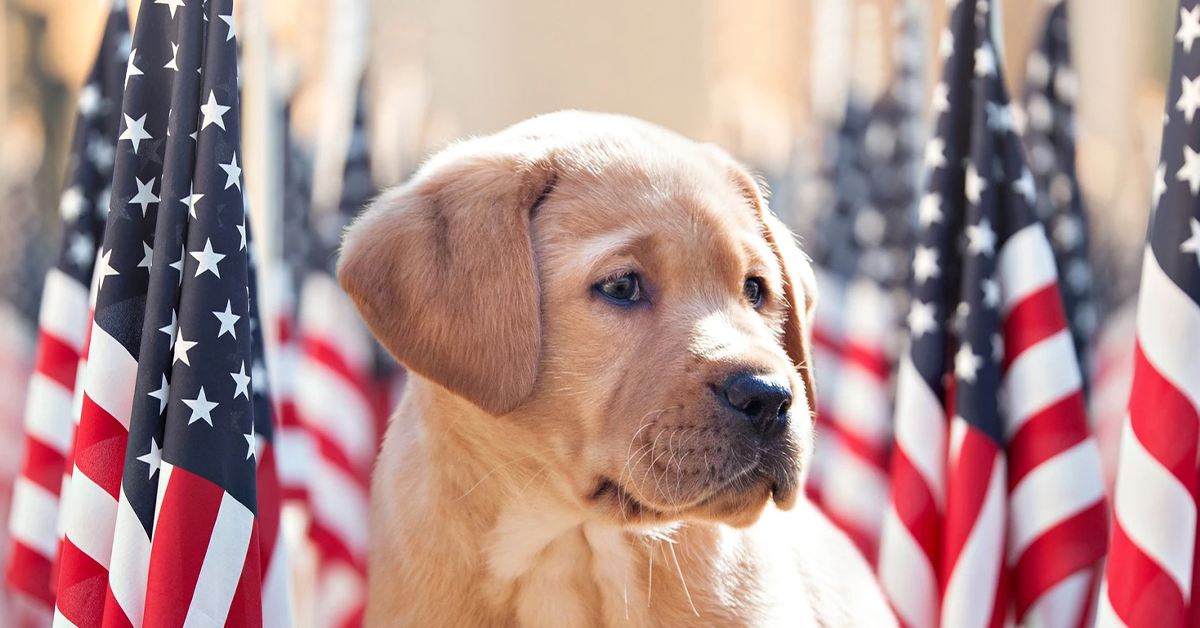

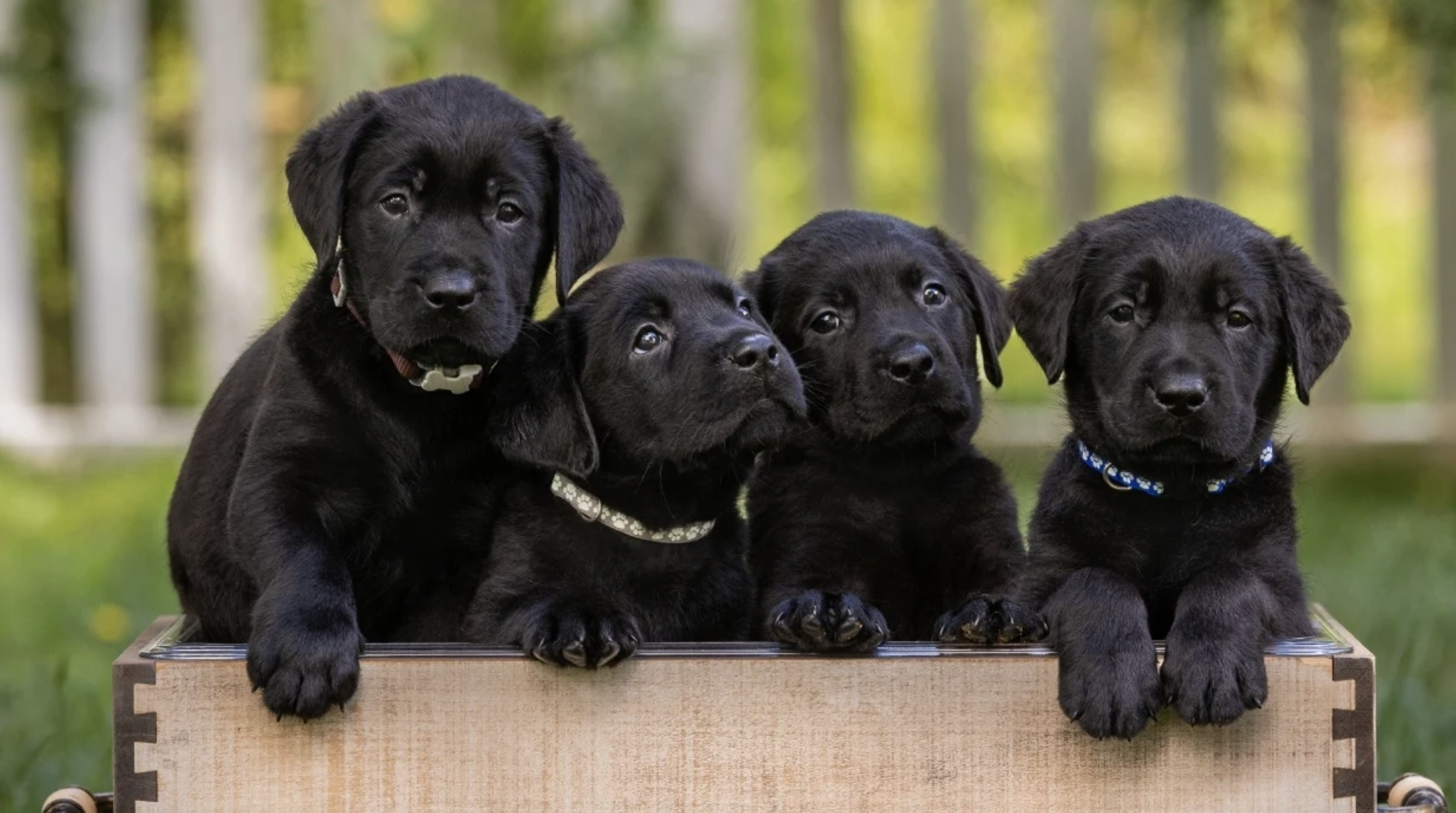
Post a comment